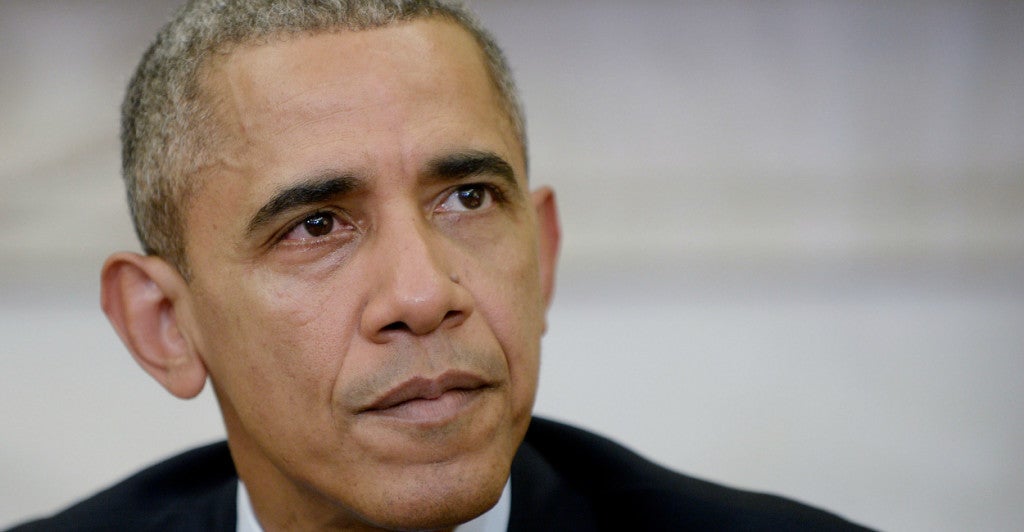The Obama administration has “downplayed” the terrorism threat faced by the U.S., leaving law enforcement unprepared and inadequately trained, an expert in counterterrorism said at a Washington panel two days after the massacre in San Bernardino, Calif.
“The terrorism that’s going on now in this country, this is war. This is not crime,” Katharine Gorka, president of the Threat Knowledge Group, said during a panel discussion convened Friday by The Heritage Foundation.
Gorka spoke hours before the FBI announced it would investigate the shootings, which killed 14 and wounded 21 others, as an act of terrorism.
The San Bernardino massacre was carried out by a man and his wife, who had pledged allegiance to the Islamic State, also known as ISIS, authorities said. The mass murder sharpened scrutiny of the effectiveness of America’s counterterrorism strategy.
America’s preparedness to deal with the threat posed by ISIS, Gorka said, was in large part degraded after the Obama administration sent a directive to its Justice and Defense Departments in 2011 requiring the review of all counterterrorism training.
That review included scrutiny of trainers advising the two departments, which, Gorka said, ended up barring—for political reasons—many experts who had spent their careers studying the terrorism threat:
We lost our best experts on the topic. So our law enforcement is not prepared today to face the threat that we are facing, and that’s a disservice to them and to the American people.
>>> Go here to watch the entire Heritage event, “What Is the State of America’s Counterterrorism Campaign?”
Gorka also noted that the Justice Department shifted its training to focus on protecting civil rights rather than evaluating the threat itself.
“They’re so concerned about people not being offended that this is what they’re going out and training on, not the seriousness or nature of the threat,” she said.
President Obama scheduled an address to the nation related to the San Bernardino attack for 8:01 p.m. ET Sunday night.
At the panel discussion Friday, James Phillips, Heritage’s senior research fellow for Middle Eastern affairs, criticized Obama’s strategy as “too little, too late.”
Phillips called the administration’s lack of urgency in dealing with ISIS “breathtaking,” pointing to Obama’s infamous claim, the day before the terrorist group attacked Paris, that it was “contained.”
“It’s all the more disturbing because the long string of ISIS victories has given it an aura of invincibility and has attracted a steady stream of foreign fighters who boost its strength by about 1,000 fighters each month,” Phillips said.
Although ISIS is currently a regional threat, Phillips said, its rapid growth and expansion could boost the group as a long-term global threat if it is allowed to consolidate its power and control over territory.
The Heritage expert recommended that the White House reconsider “incremental half-measures” in Iraq and implement a “coherent” strategy that includes expanding the size and role of U.S. ground forces, embedding military advisers in Iraqi units closer to the front lines, and deploying special operations forces in greater strength.
Phillips said the administration’s tight limits on airstrikes to avoid civilian casualties enabled ISIS to kill more civilians in the long run and advocated that such “political restrictions” be eased so the military can apply a more intensive air campaign.
“This is a conflict against a global Islamist insurgency,” he said, “and in that kind of a conflict, if you’re not winning, you’re losing—and we’re not winning.”
